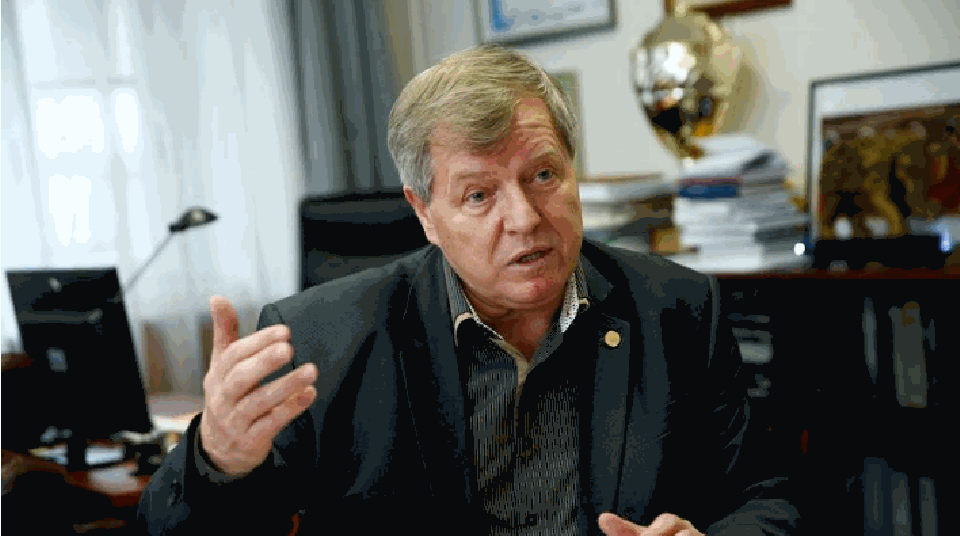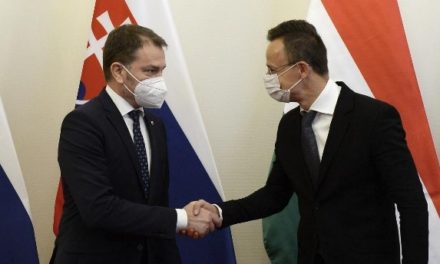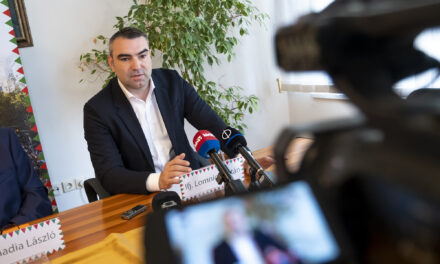This year was a historic year in Hungarian higher education, as the university model change took place on the first of August. But how concerned are the students with the transformation? How will teacher salaries and higher education scholarships develop in the future, and where does Hungarian higher education stand compared to other countries? Among other things, he talked about these topics with Magyar Nemzet István Stumpf, the government commissioner responsible for coordinating the change in the higher education model.
The left specifically attacked the government, seeing an ulterior motive in the transformation.
– I can say that a lot of people believe in the model change today and the left-wing accusations have not been confirmed. The universities also see that the government is committed to starting the engine of Hungarian higher education, which is the key to national competitiveness. If there are no changes in this area that align with global challenges, Hungary will fall behind in economic competition as well. I can best compare the world of universities to stagnant water, where something worthwhile happened only on certain islands. The goal of the model change was to move the stagnant water, to create a performance-oriented, competitive Hungarian higher education that is attractive to students and takes an ever-larger slice of the global market. The last half year proves that Hungarian higher education has a serious renewal potential and that we have a chance to be able to stand on the international knowledge market. It took a strong government commitment to embark on the transformation of such large systems two years before the elections, focusing significant resources on the renewal of higher education, not pouring all of this into the old structures, as the results of previous attempts fell short of expectations.
- Another frequent criticism is that the members of the board of trustees have become persons connected to Fidesz and the government, such as ministers Judit Varga, Péter Szijjártó or Mihály Varga. The opposition refers to political control based on this list.
– If someone looks at the 105-person roster, they see that it is very diverse. There are big entrepreneurs, academics, professors and politicians in it. It became clear that in every board of trustees, the degree to which the curator is connected to the university and how committed he is to the development of that region is of decisive importance. In this area, we see strong homogenization, I think that these 105 people make up the cream of Hungarian society and culture, regardless of their commitment. Among them are conservatives, government politicians, and there are also politically uncommitted people. The performance of the board members will be judged by how the university moves forward. It can be seen that for the sake of success, a common interest has emerged between the senate, the students and the board of trustees. But let's not forget that the students are at the center, it is for them that the transformation takes place. If we cannot keep our own sons and daughters at home, because they believe that they will not receive competitive knowledge here, then they will leave the country. This must be prevented and our instructors must be invited home from abroad to teach at home, a process that already has visible results.
the full article here.
Picture: Árpád Kurucz












